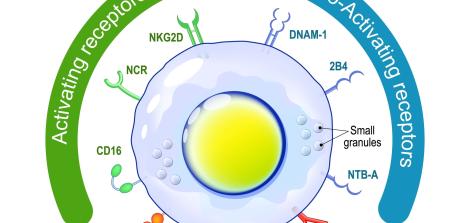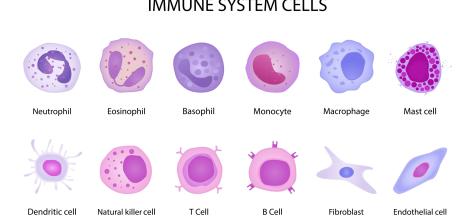Computational Genomics

Computational genomics is a multidisciplinary field of research that combines biology, computer science, mathematics, and statistics to analyze and process vast amounts of genetic data. Its goal is to understand the structure and function of the genome, as well as the connections between DNA sequences and biological traits, diseases and cellular processes.
In an era of fast and inexpensive genome sequencing, massive databases containing billions of genetic letters are being generated. This is where computational genomics comes in: using algorithms, machine learning, and advanced statistical tools, researchers can compare genomes, identify mutations, predict their effects, detect disease-related genes, and understand how genes are expressed under different conditions.
This field is the basis of personalized medicine- for example, matching drug treatments to a patient's genetic profile. It also contributes to research in evolution, agriculture, vaccine development, and microbiome population analysis.
The main challenge in computational genomics lies not only in analyzing the data but also in accurately interpreting it biologically. This requires close collaboration between biologists, computer scientists, and physicians. It is one of the fastest-growing and impactful fields in 21st-century biology.
For example, in the lab of Dr. Binyamin Knisbacher, which focuses on computational genomics, researchers are working to understand how cancer disrupts the genomic mechanisms of the cell, in order to uncover its weak points and tailor appropriate treatments.
Last Updated Date : 31/07/2025








